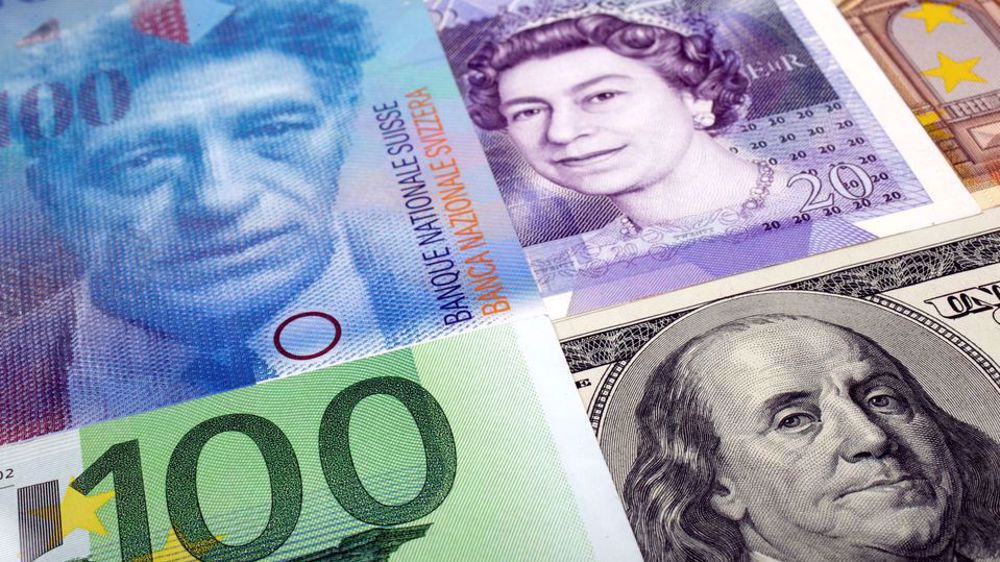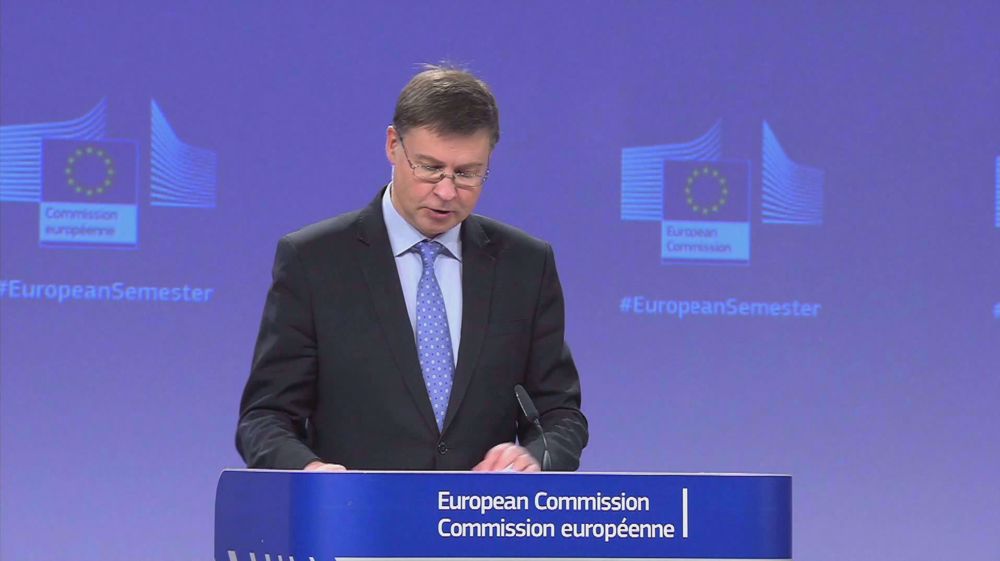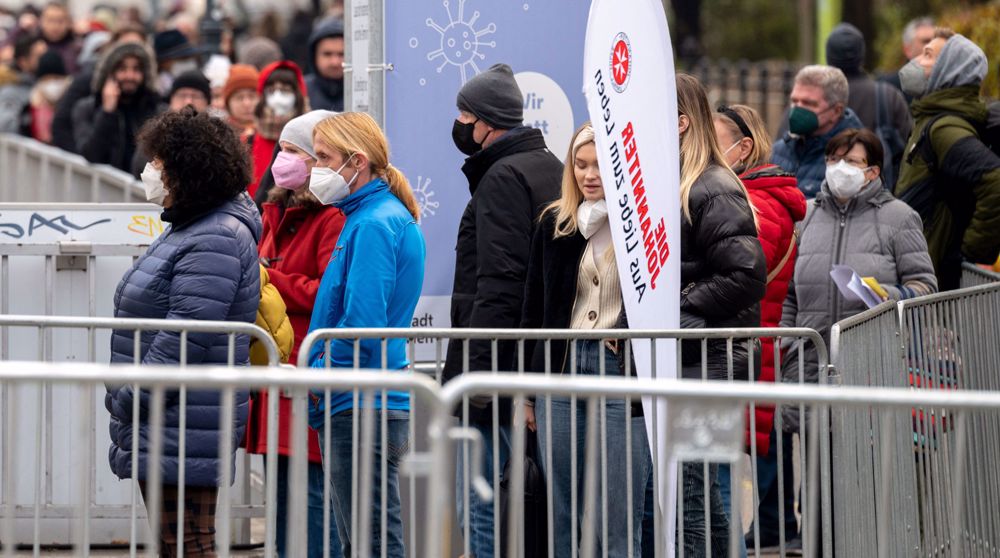Euro falls to July 2020 lows as Germany's business morale deteriorates
The euro dropped on Wednesday after a poll showed German business morale worsened in November, according to the Ifo institute.
German business sentiment deteriorated for a fifth month as supply bottlenecks and the fourth wave of the coronavirus clouded the growth outlook for Europe's largest economy, the Ifo reported.
The euro fell to $1.1216 from $1.1249. It was near its lowest level of $1.1203 since early July 2020 touched in earlier London trading.
One-month implied euro volatility increased to the highest level since January. The euro also fell vs. the British pound and the Japanese yen.
"Sliding business expectations as COVID cases risk increasing levels of German restrictions favours ongoing EUR downside," said Jeremy Stretch, head of G10 FX strategy at CIBC, adding that the euro could drop to as low as $1.1190.
According to analysts, the euro could fall further if Germany implements new Covid restrictions, after neighboring Austria has done so.
Chancellor Angela Merkel, who is preparing to hand over to a new government of Social Democrats, Greens and Free Democrats, asked for a meeting with the leaders of these parties on Tuesday to discuss the pandemic. Nearly 67,000 new infections were reported in Germany.
“Not only has Austria been a very good leading indicator for what will happen in Germany in terms of infections and government measures, this morning’s news that the SPD, Greens and FDP have come to a coalition agreement could also bring change,” said Carsten Brzeski, global head of macro at ING.
“Germany’s reaction to the fourth wave has suffered from a power vacuum, with the caretaking government not wanting to decide on stricter measures and the incoming government not ready yet, and possibly not really wanting to start a new era with tighter restrictions.”
Meanwhile, the beaten-down Turkish lira continued its recovery on Thursday after a historic slide to record lows this week.
The lira hit an all-time low of 13.45 versus the US dollar on Tuesday when it fell around 15% on the day. It last traded up 4.1% against the dollar at 12.15.
This comes after Turkish President Tayyip Erdogan defended recent rate cuts.
Critics are calling for action to reverse the slide in the currency, which has hit 11 consecutive sessions of record lows.
"Given the high inflation of over 20%, this approach (lowering rates) is somewhat unorthodox," said Moritz Paysen, FX trader at Berenberg.
The US dollar, in the meantime, continued to rise on renewed bets the Federal Reserve will hike rates to tame inflation.
The index went up 0.2% to 96.680 after hitting a new 16-month high at 96.758 ahead of minutes of the November Federal Reserve Open Market Committee (FOMC) meeting and after a spike that followed the renomination of Fed chair Jerome Powell.
The dollar has risen versus the yen to record levels since 2017, hitting 115.23 overnight.
Iran dismisses US 'big lies' on nuclear, missile programs
CIA‑founded NGO admits deploying Starlink satellites for Iran riots
VIDEO | French comedian targeted by Rothschild and Epstein for his shows on Palestine
Iranian commanders warn US not to mistake it for other nations
Daesh leaders reemerge in Raqqah amid growing instability in Syria
Iran rejects UN resolution on Ukraine for lack of support for lasting peace
Leading Iraqi group condemns US threats of aggression against Iran
Iran slams CIA recruitment video, seizes sat gear in diplomat’s luggage














 This makes it easy to access the Press TV website
This makes it easy to access the Press TV website